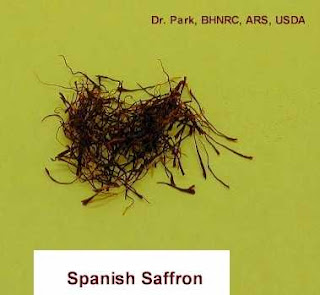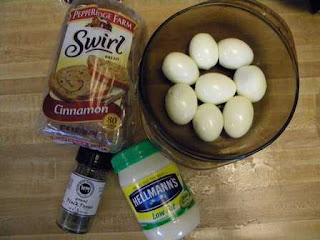Recipes from cookbooks from different eras are interesting. Granted the differences in etiquette and social mores of another time can be a bit unsettling at first glance. And of course substitutions for some ingredients either for health reasons [lard? really?] or lack of availability [saltpeter...OhKay] will be necessary but even when making adaptations you can confidently prepare recipes from previous centuries and serve as a modern menu.
The following is from "The Southern Cookbook: a manual of cooking and list of menus INCLUDING RECIPES USED BY NOTED COLORED COOKS AND PROMINENT CATERERS S. THOMAS BIVINS Principal Chester Domestic Training Institute, Chester, Penna. Press of the Hampton Institute Hampton, Virginia 1912"
FISH
Observations on Dressing Fish
If the fishmonger does not clean it, fish is seldom very nicely done; but those in great towns wash it beyond what is necessary for cleaning, and by perpetual watering diminish the flavor. When quite clean, if to be boiled, some salt and a little vinegar should be put to the water, to give firmness; but cod, whiting and haddock, are far better if a little salted, and kept a day; and, if not very hot weather, they will be good in two days.
Those who know how to purchase fish, may, by taking more at a time than they want for one day, often get it cheap, and that which will hang by sprinkling, may then be bought to advantage.

The fish must be put into the water while cold, and set to do very gently, or the outside will break before the inner part be done.
The fish plate on which it is done, may be drawn up to see if it be ready; it will leave the bone when it is. It should be then immediately taken out of the water, or it will be woolly. The fishplate should be set cross-ways over the kettle, to keep hot for serving, and a clean cloth should cover the fish, to prevent its losing its color.
Small fish, nicely fried in egg and crumbs, make a dish of fish far more elegant than served plain. Great attention should be paid to garnishing fish; plenty of horseradish, parsley, and lemon.
When well done, and with very good sauce, fish is more attended to than almost any other dish. The liver and roe should be placed on the dish, so inconspicuously that the lady may see them, and help a part to every one. The sound of the cod, its head, and the head of carp, are reckoned the prime parts; and it is a part of necessary attention to help, or at least offer some of the best to one's friends; nor is it any excuse for the mistress's negligence, that it is the fashion of the present day for those who sit at her right or left hand to help the company, which she must see they do properly.
If salmon is to be dressed, great care is necessary that it be done enough. No vinegar should be boiled with it.
If fish is to be fried or broiled, it must be wrapped in a nice soft cloth, after it is well cleaned and washed. When perfectly dry, wet with an egg, if the former way, and sprinkle the finest crumbs of bread over it, then having a thick bottomed frying pan on the fire, with a large quantity of lard or dripping boiling hot, plunge the fish into it, and let it fry middling quick, till the color be a fine yellow brown, and it be judged ready: if the latter take place first, the cook should draw the pan to the side of the fire, lest the color be spoiled. She should then carefully take it up, and either place it on a large sieve turned upward, and to be kept for that purpose only, or on the underside of a dish to drain; and if wanted very nice, a sheet of cap-paper must be put to receive the fish, which should look a beautiful color, and all crumbs appear distinct; the fish being free from all grease.
Garnish with a fringe of curled raw parsley, or parsley fried, which must be done thus: when washed and picked, throw it again into clean water; when the lard or dripping boils, throw the parsley into it immediately from the water, and instantly it will be green and crisp, and must be done after the fish is fried.
If the fish is to be broiled, it must be seasoned and floured, and put on a gridiron that is very clean, and when hot, it should be rubbed with a bit of suet, to prevent the fish from sticking. It must be broiled on a very clear fire, that it may not be scorched.
Text Credit: The Southern Cookbook by S Thomas Bivins Principal Chester Domestic Training Institute, Chester, Penna. Press of the Hampton Institute Hampton, Virginia 1912
Image Credit: United States Department of Agriculture Foreign Agricultural Service
Fish and Seafood Products






































